How Acupressure Can Aid in Sleep
What happens when you don’t get a good night’s sleep? Your thinking gets foggy. You are more prone to accidents. You have no energy. Now, what happens when you are dealing with chronic sleep problems? All of those issues intensify. Plus, you can develop heart disease, high blood pressure, a low sex drive, and even diabetes.
One way to manage a sleepless night is through the use of pressure points for sleep.
Acupuncture and Acupressure
Many Eastern cultures believe the body has flows of energy or qi (pronounced “chee”). When the qi flows in a free, balanced manner, the body is healthy. When the flow is blocked or altered, it can cause various medical problems, including sleep issues. To correct qi imbalance or flow issues, the medical art of acupuncture was developed.
Acupuncture involves inserting hair-thin needles at certain spots on the body where the acupuncturist believes the qi problem exists. Inserting the needle at a given acupoint will allow the body to restore the flow of qi and start the healing process. Certain acupoints correspond to certain points of the body. That is how an acupuncturist treats specific medical conditions.
Acupressure works under the same principle of qi flows and balance. The difference is that instead of using fine needles, the practitioner applies pressure to the acupoint.
Acupressure and Managing Sleep Problems
When you are tossing and turning in the middle of the night, all you want is a good night’s sleep. And you don’t have a convenient acupuncturist available. That is when you can try the pressure points for sleep. They can help relax you and get you to sleep.
Here are three pressure points for sleep you can try when you need help:
• Between the eyebrows – At the top of your nose, level with your eyebrows, there is a depression. That is one of the pressure points for sleep. To activate it, apply firm pressure for a full minute.
• Between the first and second toes – There is a depression on the top of your foot, between the first and second toes. Apply firm pressure at that point for a few minutes, until you feel a dull ache.
• One-third way up the foot – Divide you’re the sole of your foot into thirds, using the full length of the foot from toe to heel as a measure. Find the 1/3 mark and apply pressure to that point on the sole.
Another option is an ear massage. In acupuncture and acupressure, the ears are a place where there are numerous acupoints, including some of them that help alleviate sleep problems. Massaging these pressure points for sleep can relax the body and make sleeping easier. Do it for at least a minute.
Do Pressure Points for Sleep Really Work?
The answer is that, yes, acupressure can help many people get to sleep and stay asleep. And there are scientific studies that prove it.
One study, published in the Journal of Gerontology in 1999, found that participants who used acupressure had significantly fewer incidents of waking up in the middle of the night and staying up. The participants also rated their sleep quality and duration as better than that of the control group.
Another study evaluated whether massaging pressure points on the ears had any effect on sleep apnea. The participants who practiced the ear massage reported a significant reduction in their symptoms. Those in the control group saw no improvement.
Why acupressure works is still a bit of a mystery. Western medicine is still trying to figure out what effects it has on the body. One study found that, when subjects underwent acupuncture for sleep problems, they experienced an increase in melatonin, the natural sleep regulation hormone. The same may be happening when you use the pressure points for sleep.
Should You Try Pressure Points for Sleep?
If you experience an occasional night of interrupted sleep and need help getting back to slumber, you should give the pressure points for sleep a try. You may find they help you get to sleep faster and sleep deeper. Or you may find they don’t work for you.
Now, if your sleep problems are long term, you need to first see your doctor. Long-term sleep problems may indicate an underlying medical problem. You need to treat that problem then manage any remaining sleep issues. The pressure points for sleep should help, but you don’t want to use them to ignore or cover up more serious issues.

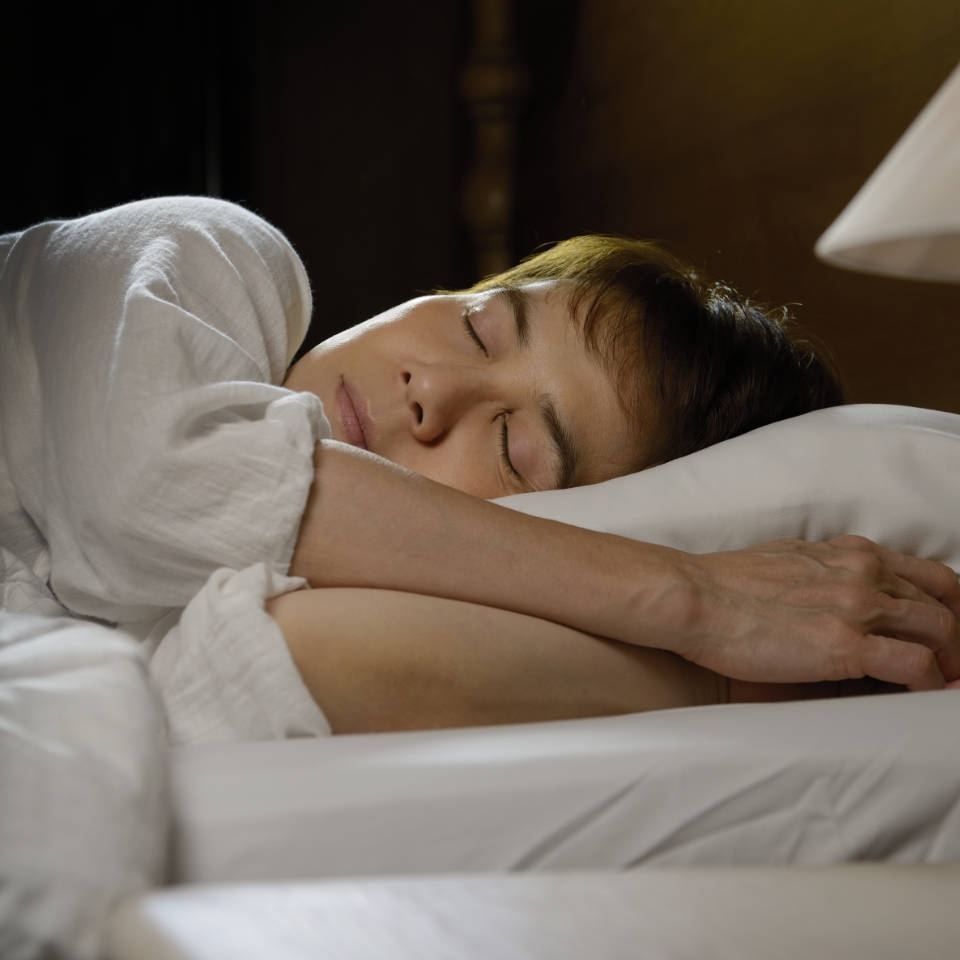
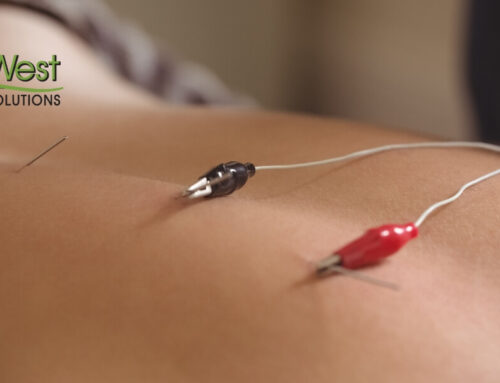
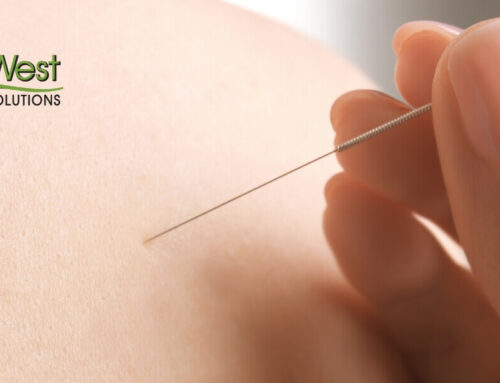
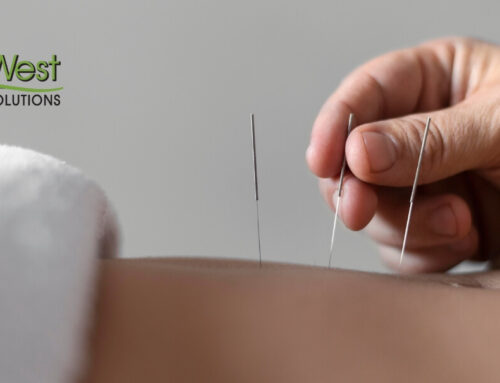
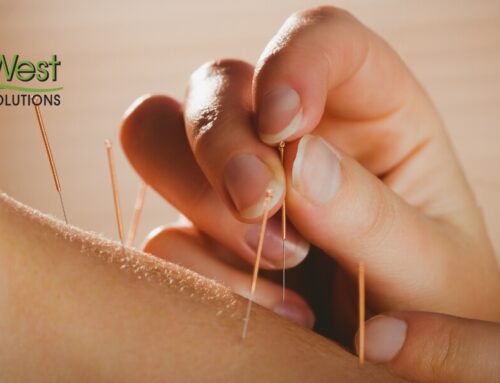
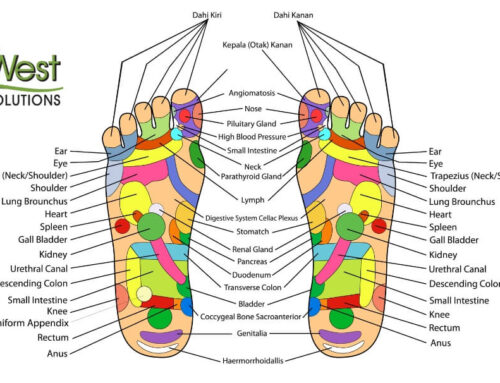
Leave A Comment